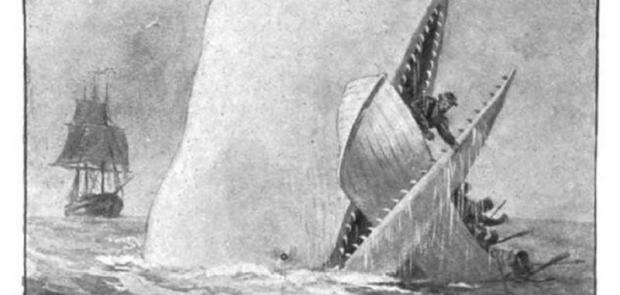
Breaking News
 Catching Up with Candace – Her Meeting with Erika Kirk and Interview with Military Whistleblower
Catching Up with Candace – Her Meeting with Erika Kirk and Interview with Military Whistleblower
 Brown University Shooter Found Dead, May Be Linked to Murdered MIT Professor
Brown University Shooter Found Dead, May Be Linked to Murdered MIT Professor
 The last time a president installed a "shadow Fed chair," inflation hit 12%.
The last time a president installed a "shadow Fed chair," inflation hit 12%.
 FULL SPEECH: Tucker on the America First Movement & New "Deplatforming" Agenda
FULL SPEECH: Tucker on the America First Movement & New "Deplatforming" Agenda
Top Tech News
 This tiny dev board is packed with features for ambitious makers
This tiny dev board is packed with features for ambitious makers
 Scientists Discover Gel to Regrow Tooth Enamel
Scientists Discover Gel to Regrow Tooth Enamel
 Vitamin C and Dandelion Root Killing Cancer Cells -- as Former CDC Director Calls for COVID-19...
Vitamin C and Dandelion Root Killing Cancer Cells -- as Former CDC Director Calls for COVID-19...
 Galactic Brain: US firm plans space-based data centers, power grid to challenge China
Galactic Brain: US firm plans space-based data centers, power grid to challenge China
 A microbial cleanup for glyphosate just earned a patent. Here's why that matters
A microbial cleanup for glyphosate just earned a patent. Here's why that matters
 Japan Breaks Internet Speed Record with 5 Million Times Faster Data Transfer
Japan Breaks Internet Speed Record with 5 Million Times Faster Data Transfer
 Advanced Propulsion Resources Part 1 of 2
Advanced Propulsion Resources Part 1 of 2
 PulsarFusion a forward-thinking UK aerospace company, is pushing the boundaries of space travel...
PulsarFusion a forward-thinking UK aerospace company, is pushing the boundaries of space travel...
 Dinky little laser box throws big-screen entertainment from inches away
Dinky little laser box throws big-screen entertainment from inches away
 'World's first' sodium-ion flashlight shines bright even at -40 ºF
'World's first' sodium-ion flashlight shines bright even at -40 ºF
"This Stock Market Will Eat You Soon Enough"

The sun was ravaging. The thirst was unquenchable. The meagre food rations had taken their toll. Thus, Pollard did what he had to do to survive. He took a deep breath, said a prayer…then he devoured his 18-year-old cousin, Owen Coffin.
The grim action was taken on honest terms. Mr. Coffin's full commitment to the meal was decided fair and square. After nine week's adrift at sea, with nothing but saltwater saturated bread that dehydrated the men as they ate, the starving crew practiced an ancient custom of the sea. They drew lots to determine who would be eaten. Coffin lost.
The trouble for Pollard and his crew began weeks earlier. In November 1820, they'd been harpooning a pod of sperm whales when something awful happened. An angry 85-foot-long whale smashed head-on into the captain's ship, The Essex of Nantucket, sinking it to the ocean's bottom. This distressing shipwreck inspired Herman Melville's, Moby-Dick.



